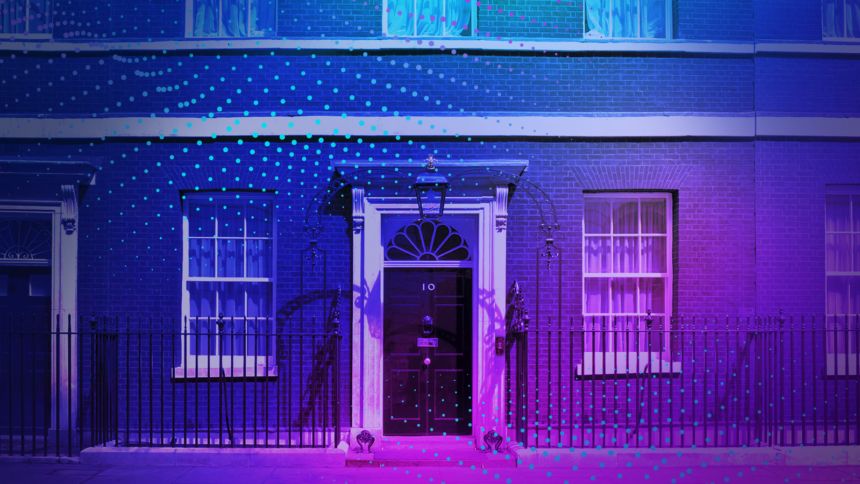They did, however, point out that there is no concrete proof that AI has influenced an election’s outcome, so the notion that deepfakes could swing the vote should not be exaggerated.
In a recent report published by the think tank Alan Turing Institute, researchers asserted that the democratic system is already experiencing early signs of damage from AI-generated cIntent.
of recent months, there has been a surge of content claiming to be political images.
Sadiq Khan, the mayor of London, claimed that deepfake audio meant to appear as though he was making provocative comments before Armistice Day almost caused “serious disorder.”
AI-generated audio of US President Joe Biden seemed to be urging supporters not to cast ballots in this year’s New Hampshire primary.
Lead author of the report and research associate at the Alan Turing Institute Sam Stockwell said that some people may decide not to participate in online forums as a result of the hostility they receive online from public individuals who are the target of deepfake attacks.
“The challenge of distinguishing between AI-generated and authentic content poses various issues in the future,” he stated. Because of this ambiguity, dishonest people can take advantage of it by labeling deepfake information as allegations, producing fake news, making fact-checking difficult, and generally undermining the core tenets of democracy.”







